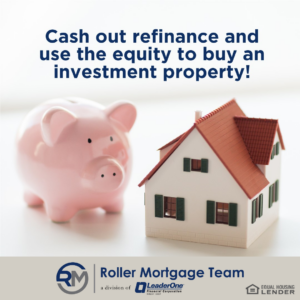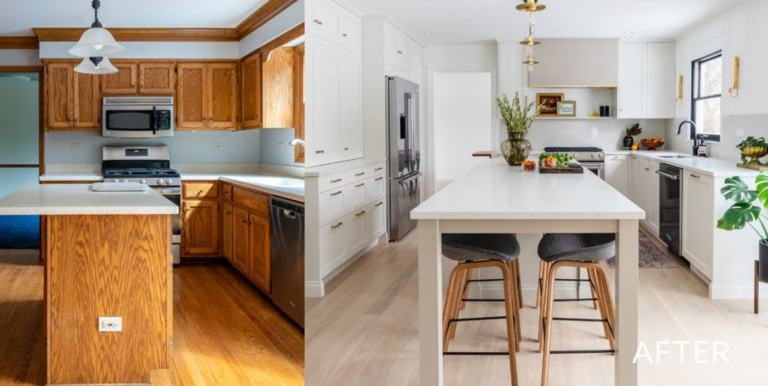
Unlock Your Investment Potential: Using Cash-Out Refinance to Buy Investment Property
Hello, fellow homeowners! Today, we’re diving into a topic that many of you have asked about: using a cash-out refinance to buy an investment property. Whether you’re looking to expand your real estate portfolio or just starting to explore the idea of investment properties, this guide will help you understand the process, benefits, and considerations of cashing out your home equity to invest.
What is Cash-Out Refinance?
First off, let’s break down what a cash-out refinance actually is. In simple terms, it’s a way to refinance your existing mortgage into a new one that is larger than what you currently owe. The difference is given to you in cash. For example, if your home is worth $300,000 and you owe $200,000, you might refinance to a new loan of $240,000, extracting $40,000 in cash.
This cash can then be used for various purposes, including buying an investment property, which brings us to why it’s such an appealing option for many homeowners.
Why Consider a Cash-Out Refinance for Buying an Investment Property?
1. Leverage Your Home Equity
Your home isn’t just a place to live; it’s also a financial asset. Tapping into your home equity through a cash-out refinance allows you to leverage this asset to purchase another, potentially increasing your income and net worth.
2. Interest Rates
Typically, the interest rates on a cash-out refinance can be lower than those on other types of loans, such as personal loans or credit lines. This means borrowing against your home equity can often be more economical compared to other financing options.
3. Tax Deductible Interest
Interest paid on mortgage debt used to buy an investment property can sometimes be tax deductible (though you should always check with a tax professional about your specific situation). This can further enhance the financial benefits of your investment.
How to Use a Cash-Out Refinance to Buy an Investment Property
Let’s talk about the steps you’ll need to take if you decide to go this route:
Step 1: Evaluate Your Financial Health
Before considering a cash-out refinance, assess your financial situation. Ensure you have a good credit score, a solid income, and enough equity in your home. Most lenders require you to keep at least 20% equity in your home after refinancing.
Step 2: Understand the Costs
Refinancing isn’t free. You’ll likely pay closing costs and possibly some fees. Ensure the costs don’t outweigh the potential benefits of buying an investment property.
Step 3: Shop Around for the Best Deal
Don’t just go with the first offer. Shop around with various lenders to find the best interest rates and terms that fit your financial goals.
Step 4: Choose the Right Investment Property
Do your homework. Research the property types and locations that yield high rental income and appreciation potential. Consider factors like property condition, neighborhood stability, and market trends.
Step 5: Plan for Management and Maintenance
Owning a rental property requires management, whether you do it yourself or hire someone. Be prepared for the responsibilities of being a landlord, including maintenance, tenant screening, and legal compliance.
Pitfalls to Avoid
While a cash-out refinance can be a great tool, it’s not without risks. Here are a few pitfalls to be aware of:
- Over-leveraging: Borrowing too much against your home can put your primary residence at risk if financial difficulties arise.
- Ignoring Market Conditions: Real estate markets fluctuate. Buying an investment property at the wrong time can lead to financial losses.
- Underestimating Costs: Be realistic about the costs of property management and maintenance. Unexpected expenses can eat into your profits.
Conclusion
Using a cash-out refinance to buy an investment property can be a smart financial move, but it requires careful planning and consideration. By understanding the process and evaluating both the opportunities and risks, you can make an informed decision that helps you achieve your long-term financial goals.
Remember, every homeowner’s situation is unique, so it’s important to consult with financial and real estate professionals before making any decisions. Here’s to unlocking your potential and expanding your horizons in real estate investment!



